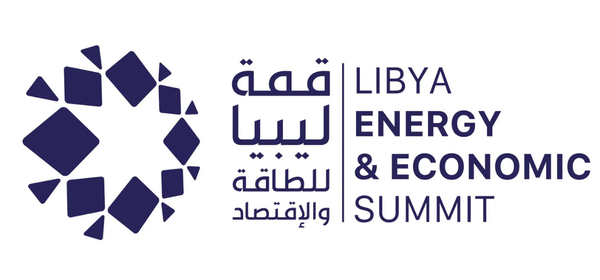Libya’s PM Announces Plans to Double Oil Output at Tripoli Summit
)
He explained that the Government of National Unity has been working hard to advance ‘Restoration of Life’ projects – resuming operations at developments that bolster economic growth and stability. He urged foreign companies to seize the opportunities economic stability present, emphasizing the imperative of revitalizing the national economy and tackling challenges in oil, gas, and power development.
“In these economic circumstances,” he stated, “the Government of National Unity has sought to create programs to revitalize the national economy.” He outlined comprehensive plans for the oil and gas sector, explaining that support from government “constitutes a fundamental and crucial step, as we have implemented a comprehensive plan for oil and gas, working to solve all issues and remove obstacles facing the oil sector as a whole…Our government seeks stability, improving the investment environment and encouraging capital to [flow] into Libya.”
Prime Minister Al-Dbeibeh spoke alongside energy and petroleum ministers from Libya, Malta and Turkey, all of whom promoted the country as a regional energy hub, one that represents a strategic partner for both energy companies and regional governments.
Mohamed Oun, Libya’s Minister of Oil and Gas, expanded on the topic of stability, stating that “The significance of this meeting lies in portraying that the Libyan state has begun to stabilize.” Oun highlighted the crucial need for fossil fuels and the wealth of opportunities available in the country.
“We still have fields yet to be explored, including those in the Mediterranean and central regions, where new oil and gas fields will be discovered.”
Underscoring Minister Oun’s remarks, Alparslan Bayraktar, Minister of Energy & Natural Resources for Turkey, stressed the importance of oil and gas investments. He emphasized the need to prepare for future realities, particularly in gas, and advocated for investments in Libya, stating, “We need a significant amount of oil and we need to make investments in oil and gas, around $600 billion each year. We need to extract commodities while supporting developing economies. That is why we need to invest in oil and gas in Libya.”
The need to increase investments is underpinned by the role oil and gas plays in Africa. Dr. Omar Farouk Ibrahim, Secretary General of the African Petroleum Producers Organization, made a strong case for the role of the African oil and gas industry. He affirmed, “Whoever says oil won’t last is not truthful.” According to Dr. Ibrahim, African countries have the right to use fossil fuels for industrialization and for reducing energy poverty across the continent. He questioned, “Is it fair to deny countries their resources? Despite exporting 70% of our oil outside Africa, 600 million lack modern energy. It’s a complex dilemma…’
Meanwhile, in addition to investments, partnerships with Libya are integral, Dr. Miriam Dalli, Minister of Environment, Energy & Enterprise of Malta, explained. She emphasized the robust relationship with Libya, acknowledging the Mediterranean’s potential. “We want to make the Mediterranean a green energy hub. No country can do it alone; we have the potential together,” she said. Dr. Dalli highlighted Malta’s commitment to environmental collaboration, citing the recent agreement with Libya. She expressed optimism beyond traditional energy sources, stating that, “For a small state like mine, not an energy producer, we found an ideal partner,” signaling openness to diverse energy collaborations for the future.

